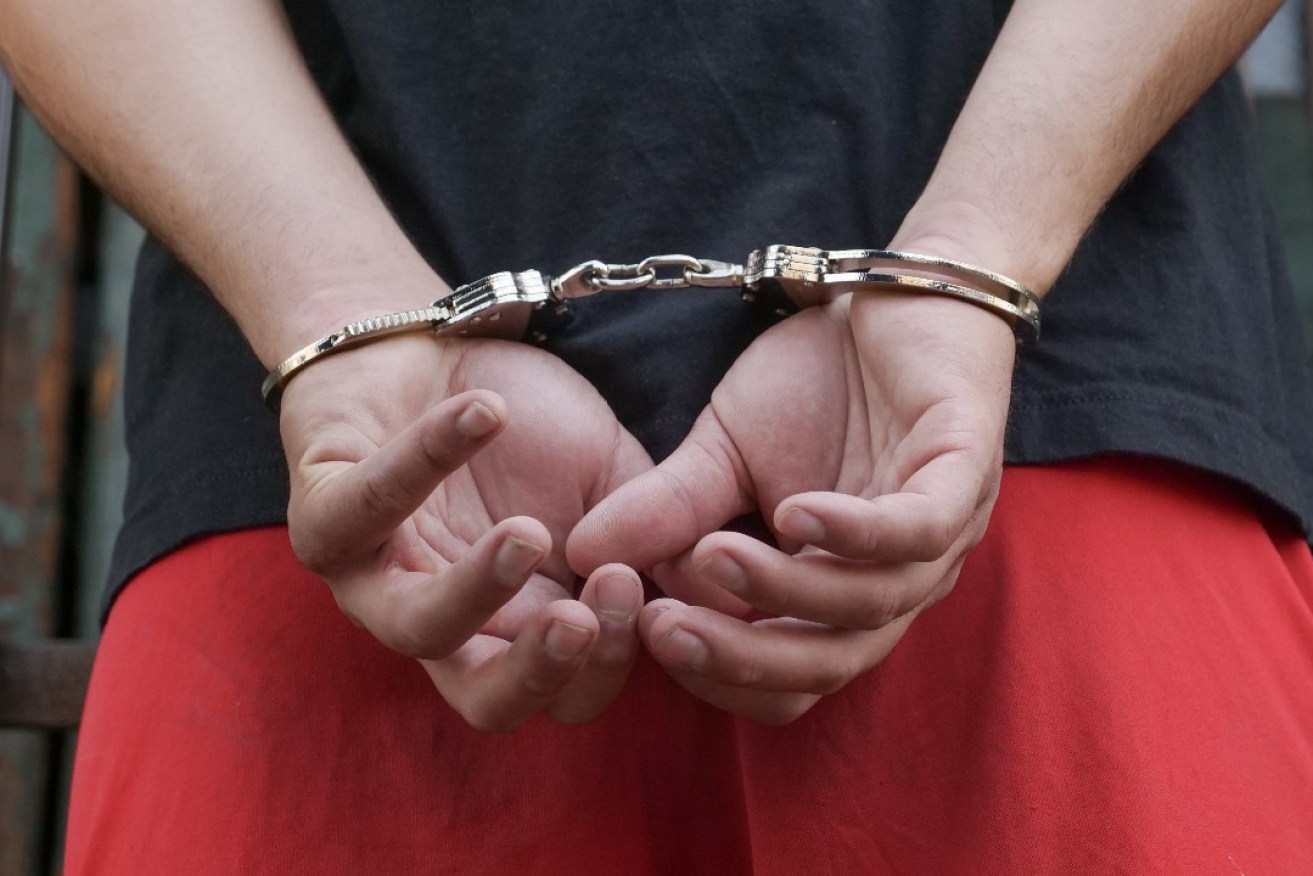Greens push to lift SA’s criminal age from 10
UPDATED: The South Australian Greens will reintroduce legislation to parliament this week to stop primary school-aged children from being locked up in detention, after the government signalled it was open to the idea.

Photo: Kindel Media/Pexels
Greens MLC Robert Simms will reintroduce a private member’s bill on Wednesday calling on parliament to raise the minimum age of criminal responsibly in South Australia from 10 to 14.
If passed, all children aged under 14 in youth detention would be released from custody within a month of the legislation commencing.
The bill would also stop young people in detention from being kept in safe rooms for longer than 24 hours.
“It’s my view and that of the Greens that we shouldn’t be seeing young people – children – being incarcerated in this way,” Simms told InDaily.
“That’s just morally wrong and our focus should be on providing support to children to ensure they’re in a safe environment that ensures they can reach their full potential in life.”
Under current legislation, children aged between 10 and 14 are deemed incapable of understanding the full consequences of their actions, but that is a rebuttable presumption, meaning judges can convict them of criminal offences and sentence them to detention if their crimes are deemed serious.
In 2020-21, 43 children aged between 10 and 13 were incarcerated at the Kurlana Tapa Youth Justice Centre at Cavan in Adelaide’s north. Many of those children are Aboriginal, have disabilities, or are in the child protection system.
Former Greens MLC Mark Parnell first introduced a bill to raise the criminal age in South Australia 2020, but it was never taken to a vote.
Simms, who replaced Parnell after his retirement, said he wanted the reintroduced bill to be considered this term of parliament, but he didn’t intend it to go to a vote “in the short term”.
He said it would be up to the government to speak to experts about what alternative support needed to be provided to children who engage in criminal activity if detention was no longer an option.
“It’s an area where we need to obviously build consensus across all political parties,” he said.
“I want to provide time for consensus to build around the issue.”
Last year, more than 30 United Nations countries – including Canada, Germany, France, Italy, Greece and Mexico – called on Australia to raise the minimum age of criminal responsibility from 10 to 14.
But despite international pressure and calls from the Australian Medical Association, Law Society and Indigenous groups, progress stalled.
Attorney-General Kyam Maher, who is also Aboriginal Affairs Minister, told parliament in May that lifting the age of criminal responsibility was an “important issue” and one that the government would “be turning [its] mind to”.
He said raising the age could help reduce the number of Aboriginal children in youth detention.
“I don’t think there is any doubt whatsoever that Aboriginal children, as a percentage, make up far too big a portion of our youth detention,” he said.
“Raising the age, with appropriate other programs, could go some way to meeting that.”
But former Attorney-General Vickie Chapman previously argued that South Australia would “fail our children if we simply changed the law and raised the criminal age of responsibility, without addressing alternate supervision and support for 10 to 14-year-olds”.
Maher told InDaily this afternoon that the minimum age of criminal responsibility was a significant issue for him as both Attorney-General and Aboriginal Affairs Minister.
“I have raised this matter for discussion with my interstate counterparts, and my department is closely monitoring the work going on in other jurisdictions both here and abroad to see what lessons can be learnt for South Australia,” he said.
Shadow Attorney-General Josh Teague told InDaily that it was “disappointing” that the Council of Attorneys-General failed to reach a national consensus on whether to raise the age of criminal responsibility late last year.
“This is an important matter,” he said.
“My party will consider the bill in the light of the ongoing national debate.”
The Northern Territory has previously committed to raising its criminal age to 12, while the ACT has pledged to lift its minimum age to 14.
Last month, the Tasmanian Government announced it would raise the minimum age of detention from 10 to 14, but it hasn’t committed to raising the age of criminal responsibility, meaning young children can still be arrested and taken to court.
“There’s so many other parts of the country looking at this and it’s part of a global push as well, so I think it’s really embarrassing to see South Australia being left behind,” Simms said.




